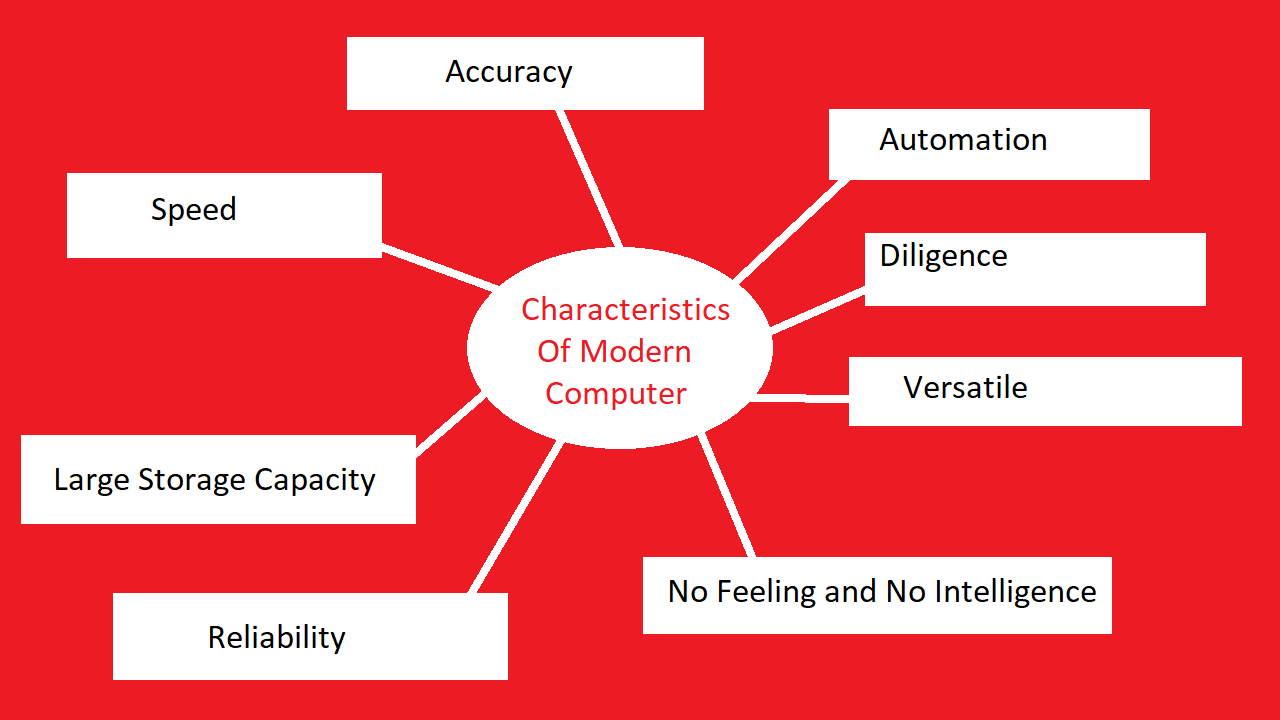Best Practices for Writing Clean and Efficient Code
Welcome back to SmartTechTip.com! Whether you’re just starting out or you’ve been coding for a while, writing clean and efficient code is super important. Clean code is easier to read and understand, while efficient code makes sure your programs run smoothly. Let’s dive into some best practices to help you write better code.
1. Keep It Simple
Ever heard of the KISS principle? It stands for Keep It Simple, Stupid. The idea is to keep your code simple and straightforward. Don’t make it more complicated than it needs to be.
# Too complicated
def add_numbers(a, b):
return a + b
# Simple and clear
def add(a, b):
return a + b
2. Use Meaningful Names
Give your variables, functions, and classes names that actually describe what they do. This makes your code a lot easier to read and understand.
# Confusing names
x = 10
y = 20
# Clear names
width = 10
height = 20
3. Write Modular Code
Break your code into small, manageable chunks. Each function should do just one thing. This makes your code more organized and easier to fix when something goes wrong.
# One big, confusing function
def process_data(data):
# process data
# validate data
# save data
pass
# Smaller, clearer functions
def process_data(data):
data = clean_data(data)
if validate_data(data):
save_data(data)
def clean_data(data):
# cleaning logic
return data
def validate_data(data):
# validation logic
return True
def save_data(data):
# save logic
pass
4. Follow Consistent Naming Conventions
Consistency is key! Stick to a naming convention throughout your code. For example, use CamelCase for classes and snake_case for variables and functions.
# Consistent naming
class DataProcessor:
def process_data(self, raw_data):
cleaned_data = self.clean_data(raw_data)
return cleaned_data
def clean_data(self, data):
# cleaning logic
return data
5. Write Comments and Documentation
Comments and documentation are your friends. They help explain what your code is doing, which is super helpful for anyone reading your code later (including future you!).
# This function adds two numbers together
def add(a, b):
return a + b
6. Avoid Redundancy
Don’t Repeat Yourself (DRY). If you find yourself writing the same code over and over, it’s time to make a reusable function.
# Repeated code
def add_numbers(a, b):
return a + b
def add_values(x, y):
return x + y
# Reusable function
def add(a, b):
return a + b
7. Optimize Performance
Efficient code runs faster and uses fewer resources. Use the best algorithms and data structures for the job to keep things running smoothly.
# Slower code
def find_max(numbers):
max_num = numbers[0]
for num in numbers:
if num > max_num:
max_num = num
return max_num
# Faster code
def find_max(numbers):
return max(numbers)
8. Test Your Code
Testing is crucial. Write tests to make sure your code works as expected. This helps you catch bugs early and makes your code more reliable.
import unittest
class TestAddFunction(unittest.TestCase):
def test_add(self):
self.assertEqual(add(1, 2), 3)
self.assertEqual(add(-1, 1), 0)
if __name__ == '__main__':
unittest.main()
9. Refactor Regularly
Refactoring means cleaning up your code without changing what it does. Regularly refactor to improve readability and maintainability.
10. Use Version Control
Version control systems like Git help you keep track of changes and collaborate with others. Make regular commits with clear messages to document your progress.
By following these tips, you’ll write code that’s not only easier to read but also more efficient and reliable. Happy coding!
Stay tuned to SmartTechTip.com for more tips and tutorials on coding and technology.






